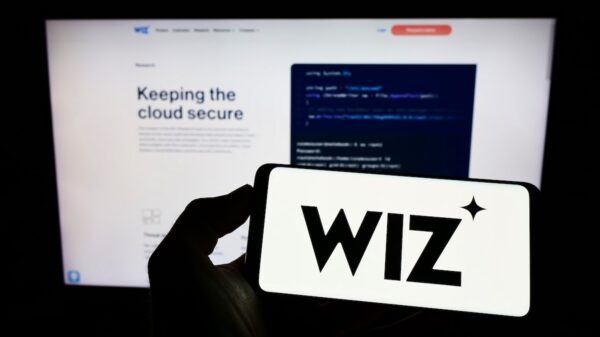Orca Security has published details on eight cross-site scripting (XSS) vulnerabilities impacting Azure HDInsight, which could be exploited to access data, hijack sessions, or deliver malicious payloads.
The flaws were identified by the cloud security firm in several Apache services, such as Hadoop, Spark, Kafka, and Oozie, all operating under the Azure HDInsight umbrella.
An open source analytics service, Azure HDInsight allows organizations to use open source frameworks in their Azure environment for big data analysis, management, and processing.
The eight vulnerabilities, tracked under five different CVE identifiers – CVE-2023-36881, CVE-2023-35394, CVE-2023-38188, CVE-2023-35393, CVE-2023-36877 – were identified through the manipulation of variables and function exploitation.
“All 8 XSS vulnerabilities discovered in various platforms and components in Azure HDInsight primarily resulted from the lack of proper input sanitization. This omission allowed malicious characters to be rendered once the dashboard was loaded, demonstrating inadequate output encoding that fails to neutralize these characters when rendered,” Orca explains.
The first issue, tracked as CVE-2023-36881, was initially discovered in the Apache Ambari Background operations, which had multiple default parameters that could be modified to perform an XSS attack.
The same CVE identifier is used to track the issue in the Ambari Managed Notifications component and the Ambari YARN Queue Manager. The flaw can be exploited by manipulating alert notifications, by tampering with the Access Control functions, and by injecting JS code into specific YARN configurations.
CVE-2023-35394, Orca explains, is an XSS vulnerability in Azure HDInsight’s Jupyter Notebook service that could be exploited to achieve remote code execution by bypassing the Caja compiler’s sanitization process.
The Apache Hadoop ResourceManager UI within Azure HDInsight was found vulnerable to manipulation of the container endpoint and port (CVE-2023-38188).
Apache Hive 2 was also found vulnerable to container endpoint manipulation (CVE-2023-35393), while the Apache Oozie Web Console allowed for XSS attacks to be performed via filter manipulation (CVE-2023-36877).
Orca has reported all vulnerabilities to Microsoft, which addressed them with the August 2023 Patch Tuesday security updates for Azure HDInsight.
Related: XSS Vulnerabilities in Azure Led to Unauthorized Access to User Sessions
Related: Azure API Management Vulnerabilities Allowed Unauthorized Access
Related: Researchers Flag Account Takeover Flaw in Microsoft Azure AD OAuth Apps
